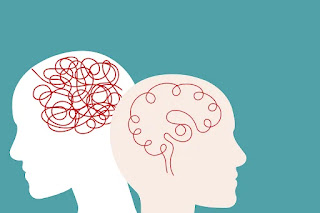It’s always a struggle to find both “outer success” and “inner success”.
Outer success being following what the world/other people think and value i.e. the “world’s KPIs”. This maybe status, big house, nice cars, private schools etc. It’s not wrong to have these. It’s just “one type of KPIs” and not the complete picture.
Inner success being following our own principles and values/inner KPIs despite what the world thinks/feels. This may represent our “passion project”. The stuff that we would do for free or even pay to do. It’s the stuff that makes us happy, inspired or simply just content.
Following one will come at the cost of the other is the usual. It’s the struggle that most of my counseling patients have. It’s a struggle that all/most of us have consciously or unconsciously.
It’s like a Venn Diagram.
You may have to find the common overlap of the two. It’s your own “sweet spot”. It’s different for different people.



